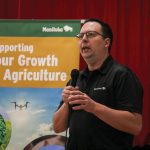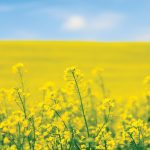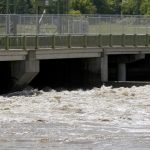
Tag Archives Environment

KAP members call for more BMP research
Nitrogen emission concerns were among key issues raised at the organization’s AGM

Comment: How roots are shaped for success
The amazing development of root shape and why it could help protect crops from climate change

Comment: In defence of rodents
Humans may not like them, but healthy ecosystems need them

Many key biodiversity areas identified in Manitoba
The rigorous international standard has now entered the conservation toolbox in Canada

Fertilizer efficiency may be margin-saver
Crop prices have softened but there’s yet to be a corresponding drop in fertilizer prices
Deforestation in Brazil’s Cerrado savanna hits seven-year high

Renewable diesel demand expected to soar in next two years
Canola production poised to jump as new facilities come on stream in next two years, says processors association

Comment: Back to nature
In a century we may need 80 per cent fewer acres to feed the world – if the technology pans out

Hydrology forecasting tool drills down to field level
New tool from Aquanty and MFGA is a game changer for water management developers say

U.S. EPA proposes higher biofuel blending volumes
Agency also including electricity for EVs for the first time


